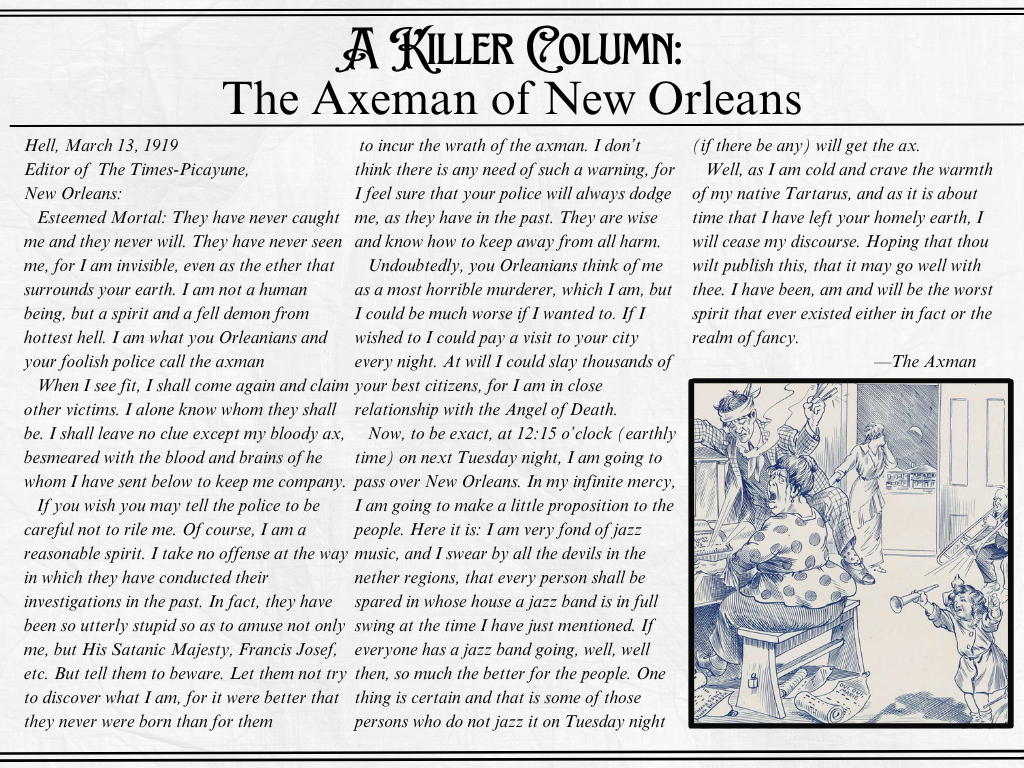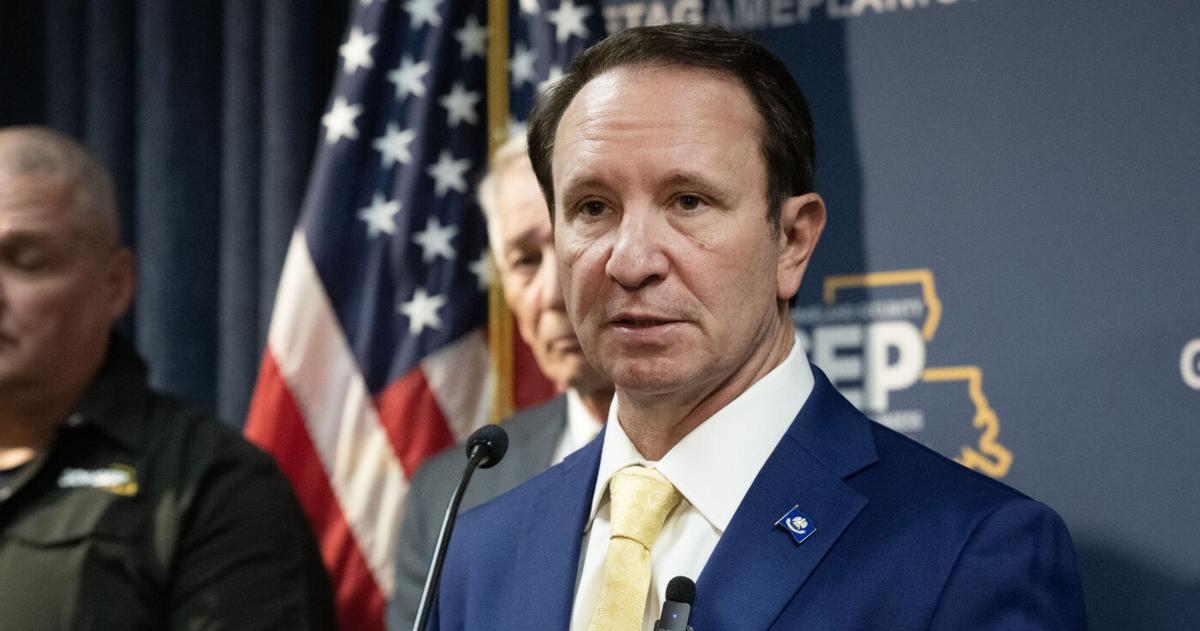What does it mean for your wallet?
This week students will vote on a two-part referendum that will alter current fees while adding others if passed.
The referendum has largely been touted as an “athletic fee,” but Brook Sebren, president of the Student Government Association (SGA) says it is much more than that.
Three specific organizations aim to profit if the referendum passes: athletics, the Visual and Performing Arts Department (VAPA), and the SGA fund on campus beautification.
“Three completely different parts of ULM that have specific needs will benefit,” says Sebren.
Part one of the referendum will change the current fee structure.
Now, flat fees are charged to every student, regardless of how many hours the student is taking.
The referendum would stagger the fees.
Basically, the more hours a student takes, the higher the fees.
“Students should only pay a portion of what they use,” says Sebren.
“For example, there’s a fee for the SUB (Student Union Building). People taking only one hour have to pay it. Is that right? I don’t think so.”
Part two of the referendum adds additional fees, with athletics getting most of the money and attention.
ULM has the smallest athletic budget of any school in the FBS (Football Bowl Series, sometimes referred to as Division 1).
The referendum would pump an additional $1.8 million into their budget.
Visual and Performing Arts would receive $20,000 and cam¬pus beautification would receive $75,000.
Sebren says that though the numbers seem skewed, each is proportionate to their already-functioning budgets.
SGA, the ULM administration and the University of Louisiana System have all approved the pro¬posed referendum.
“It’s obvious now that the state isn’t going to invest in our university, so we are asking our students to,” says Sebren.
“It’s time to invest in ULM and it’s time to do it now.”
Not all students are buying the argument Sebren is selling.
Chaise Sanders, a freshman pre-med lab science major, says that though she agrees with staggered fees, she does not like the idea of paying more for specific organizations.
“I would feel differently if it were going to all people. There are a lot of people who will never go to a football game,” says Sanders.
“How is money supposed to make you win? Practice makes you better, not money.”
Whatever opinion, all students will have the opportunity to make their voices heard by voting.
The two-day election begins at 8 a.m. on Wednesday, April 13 and polls close at 6 p.m. on Thursday, April 14.




